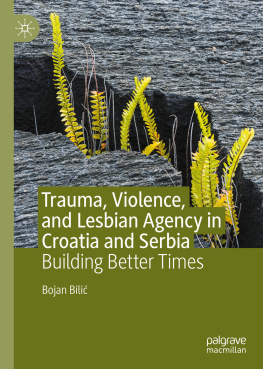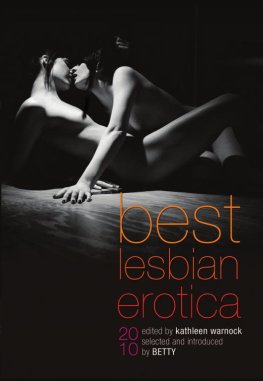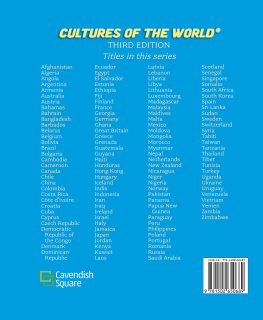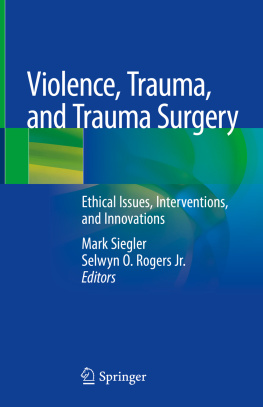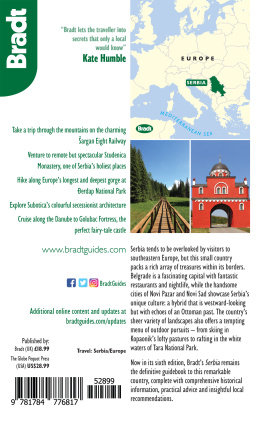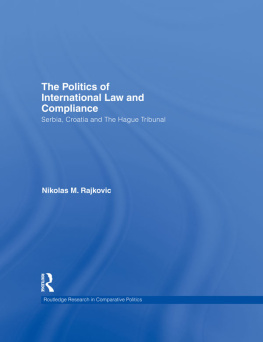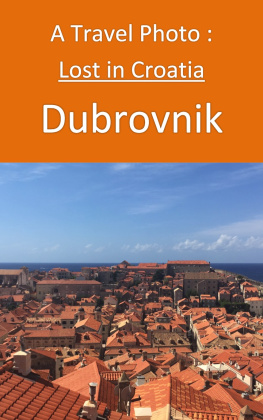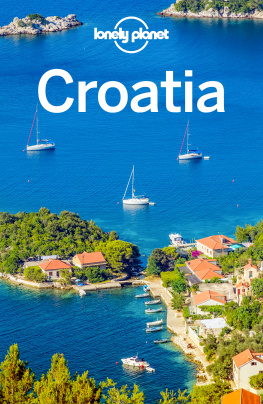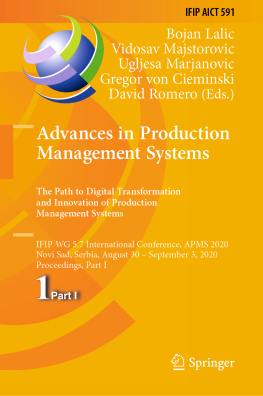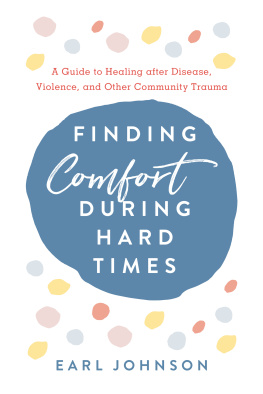Bojan Bilić - Trauma, Violence, and Lesbian Agency in Croatia and Serbia: Building Better Times
Here you can read online Bojan Bilić - Trauma, Violence, and Lesbian Agency in Croatia and Serbia: Building Better Times full text of the book (entire story) in english for free. Download pdf and epub, get meaning, cover and reviews about this ebook. year: 2020, publisher: Palgrave Macmillan, genre: Politics. Description of the work, (preface) as well as reviews are available. Best literature library LitArk.com created for fans of good reading and offers a wide selection of genres:
Romance novel
Science fiction
Adventure
Detective
Science
History
Home and family
Prose
Art
Politics
Computer
Non-fiction
Religion
Business
Children
Humor
Choose a favorite category and find really read worthwhile books. Enjoy immersion in the world of imagination, feel the emotions of the characters or learn something new for yourself, make an fascinating discovery.
- Book:Trauma, Violence, and Lesbian Agency in Croatia and Serbia: Building Better Times
- Author:
- Publisher:Palgrave Macmillan
- Genre:
- Year:2020
- Rating:3 / 5
- Favourites:Add to favourites
- Your mark:
- 60
- 1
- 2
- 3
- 4
- 5
Trauma, Violence, and Lesbian Agency in Croatia and Serbia: Building Better Times: summary, description and annotation
We offer to read an annotation, description, summary or preface (depends on what the author of the book "Trauma, Violence, and Lesbian Agency in Croatia and Serbia: Building Better Times" wrote himself). If you haven't found the necessary information about the book — write in the comments, we will try to find it.
Bojan Bilić: author's other books
Who wrote Trauma, Violence, and Lesbian Agency in Croatia and Serbia: Building Better Times? Find out the surname, the name of the author of the book and a list of all author's works by series.
Trauma, Violence, and Lesbian Agency in Croatia and Serbia: Building Better Times — read online for free the complete book (whole text) full work
Below is the text of the book, divided by pages. System saving the place of the last page read, allows you to conveniently read the book "Trauma, Violence, and Lesbian Agency in Croatia and Serbia: Building Better Times" online for free, without having to search again every time where you left off. Put a bookmark, and you can go to the page where you finished reading at any time.
Font size:
Interval:
Bookmark:
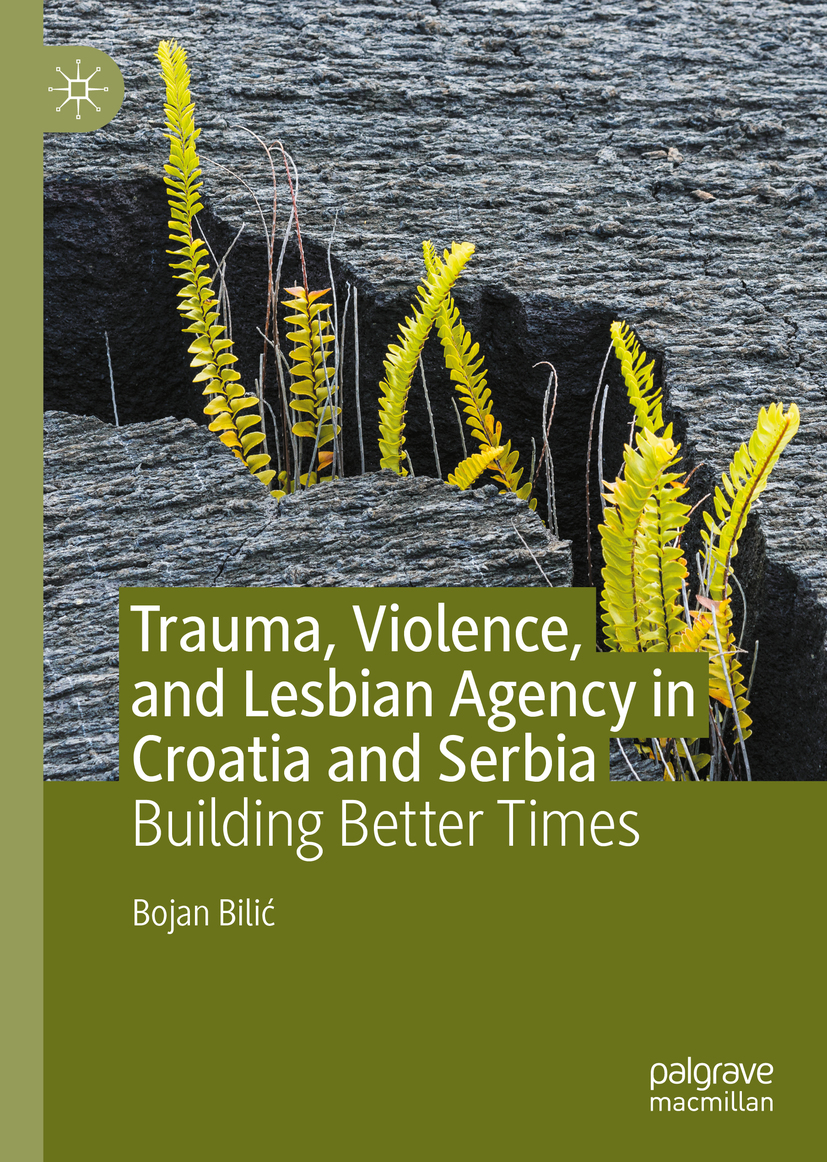

Cover illustration: Bjul / Alamy Stock Photo
This Palgrave Macmillan imprint is published by the registered company Springer Nature Switzerland AG.
The registered company address is: Gewerbestrasse 11, 6330 Cham, Switzerland
To the women who taught me
to cherish and love the woman in me
It has taken me time to arrive at trauma . I have been hovering around it for more than a decade, ever since I thought, perhaps somewhat naively, that sociology could help me to make sense of the way in which our lives got caught in a bewildering swirl of war and destruction. And although people say that trauma is a staple feature of our epoch, that we live in trauma culture (Kaplan
This book is based on the idea that to be stricken by trauma means to lose a language, to witness a failure of and start looking for the primary instrument for engaging with the world (Caruth ).
The beginnings of the Yugoslav wars and the sprouts of homosexual desire coincided in my body in the early 1990s, triggering an immediate evacuation oflanguage . A patriarchal body flooded by a homosexual urging is instantaneously silenced: it does not have the means for understanding itself because it enters a semantic void in which it has nothing to fall back on. Such a body cannot acknowledge what has never existed here, but if at all, invariably somewhere there, far from us and our capacity to name it without slowing down, lowering our voice, or expecting our facial gestures to make up for what words cannot do. Affected by a sudden loss oflanguage , the homosexual body soaked in patriarchy slowly grows convinced of its fundamental unlovabilityit starts to fidget in its effort to vanish, to become invisible. It is reluctant to meet the eye of the other because the eye is the primary organ of shame (Wurmser ) and shame the primary feeling, the king that reigns in the suffocating kingdom of internalised homophobia .
An almost total international isolation of Serbia at the end of the twentieth century, intensified by the insularity of my provincial, strongly patriarchal town, paralleled an internal isolation, a sense of profound yet never fully articulable estrangement from myself and the people around me that looked as a combination of lived asexuality and desired bisexuality. Terrified by the possibility of rejection, by the earthquake through which it would come, and humiliated by the omnipresent expressions of compulsoryheterosexuality in which there were some virtual, unavoidably derided gays, but never ever any lesbians (Rich ), I started living one new, entirely secret and energy-consuming life. The feelings of shame that encircled many of us because of the criminal government, which constantly went further down the spiral of evil, resonated deeply with the shame , guilt, and excitement of my wish to be with another man. Soon I realised that my body became a site of convergence, a crossroads where the traumas of war and homosexuality intersected their affectively charged trajectories. A sort of meta-trauma emerged through a simultaneous explosion of armed conflicts and an implosion of homosexualityit appeared at the junction between the external and internal worlds, both of which were increasingly fragmented and dispersed.
It is in such circumstances of suspended time, of solitude that seemed to linger outside of time (see Hobbes
One of the most important legacies that I inherited from the 1990s feminist mobilisations was that militarism and homophobia , both of which were tearing apart my adolescent years, stemmed from the same patriarchal rootthey were two heads of the same monster. This was for me the beginning of politics, my fundamental feminist insight, a moment of articulation that allowed the personal and the political to touch each other in my mind for the first time. I was ready for this insight as a brother of two older sisters (the only, longed-for son!) who was aware of the patriarchal privilege that he was invited to enjoy, but could never feel like its proper claimant. It is through fear and self-loath that non-heterosexuality pulverises what patriarchy has to offer to a real man. However, some of that pulverised privilege remains, sticks to a male body in the same way in which the closet eternally returns transforming coming out into an infinite loop, making it necessary again and again
Although not all of the women who would call themselves feminists were equally vocal about homosexual liberation, I soon understood that the fusion of feminism and lesbianity was a locus of great emancipatory potential, possibly the strongest challenge to my own hetero-reality, which was expecting me to take part in misogyny and homophobia / lesbophobia . I remember the effect which the thundering words of Charlotte Bunch (
New speech acts, those that have not been up to then uttered or heard, lie at the heart of lesbianitysand, more generally, non-heterosexualityspoliticality. Coming out, especially and firstly to oneself, means arriving at words, coming to terms for
Font size:
Interval:
Bookmark:
Similar books «Trauma, Violence, and Lesbian Agency in Croatia and Serbia: Building Better Times»
Look at similar books to Trauma, Violence, and Lesbian Agency in Croatia and Serbia: Building Better Times. We have selected literature similar in name and meaning in the hope of providing readers with more options to find new, interesting, not yet read works.
Discussion, reviews of the book Trauma, Violence, and Lesbian Agency in Croatia and Serbia: Building Better Times and just readers' own opinions. Leave your comments, write what you think about the work, its meaning or the main characters. Specify what exactly you liked and what you didn't like, and why you think so.

